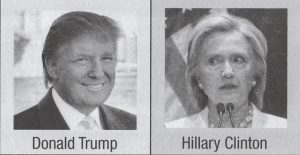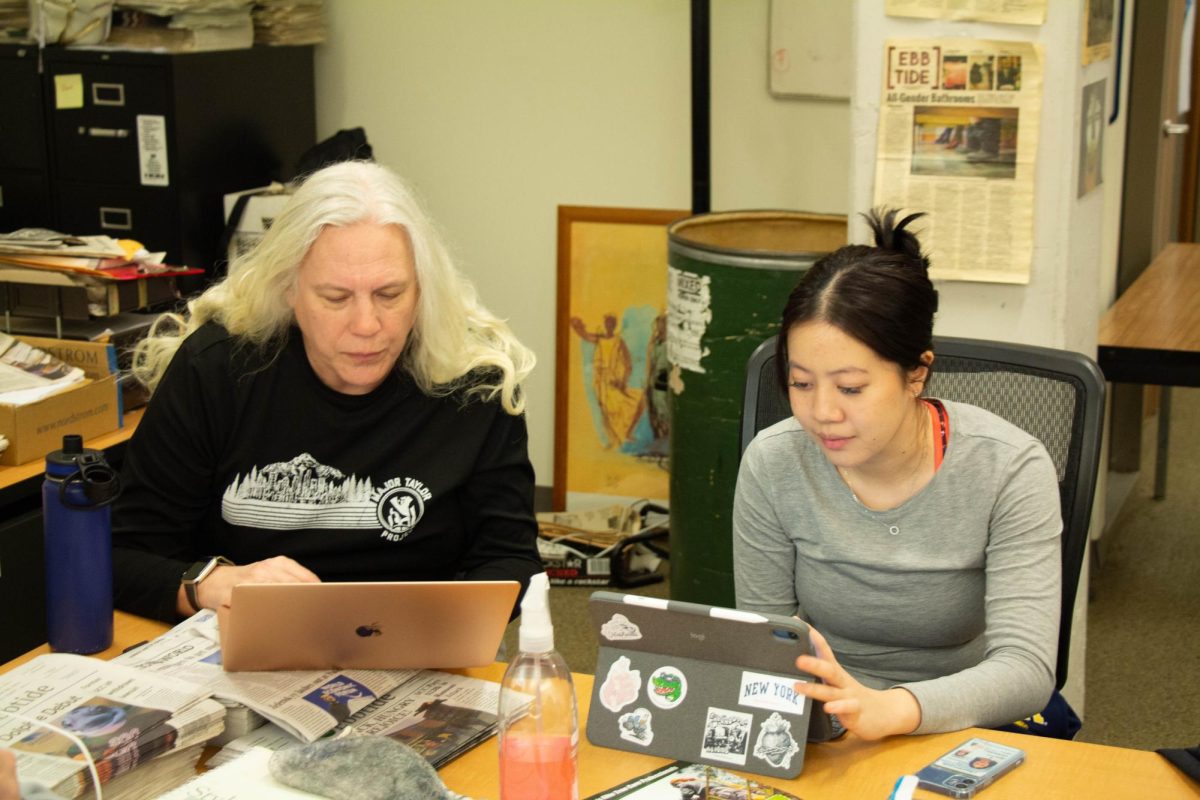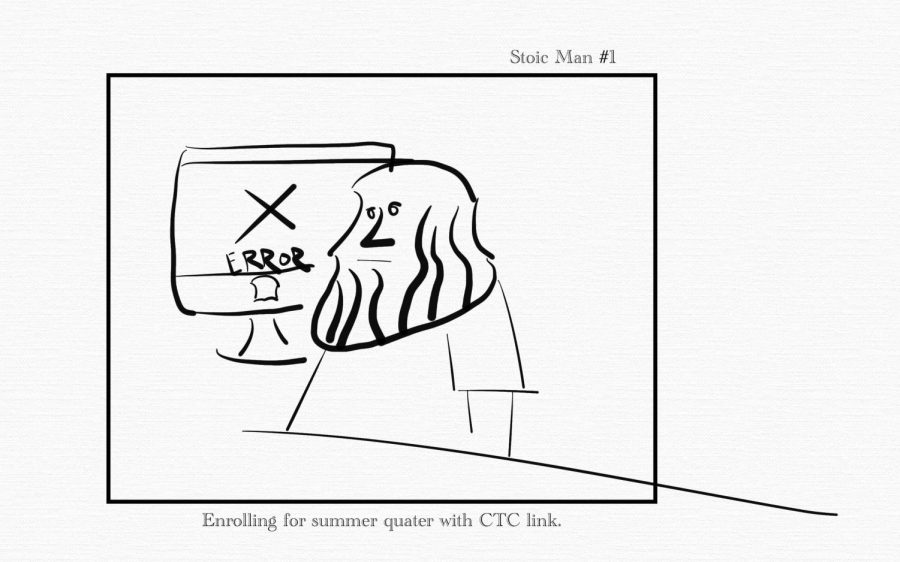WHEN MONEY MEETS POLITICS
You know those flyers that sometimes show up in your mailbox around election time?

Have you ever wondered if they were fake?
Elections bring advertisements. They also bring out the use of sly tactics. It’s a game, and the weapon is money.
But it’s not a game: this is our future.
What’s Happening Now
In late October, the Seattle Times reported that a conservative Political Action Committee (PAC) sent out misleading and inaccurately endorsed political flyers across Washington.
Glen Morgan is the head of that PAC, called the “Conscience of the Progressives,” (COP) which encouraged people to write in “true progressive” candidates in lieu of voting for the Democrat who won the primary. The flyers claimed to be endorsed by progressive organizations such as “Fuse Washington,” whose labels were used to help legitimize the message.
Some of the flyers endorsed candidates who weren’t even currently running.
Organizations like “Fuse Washington” are currently talking with their attorneys to see if action could be taken against the COP or Morgan specifically.
The Seattle Times also reported that most of the funds for the COP were given by another PAC called “Send A Message.” Records show that Peter Zieve, a businessman who also donated $1 million to President Trump, is the primary funder of “Send A Message.”
Morgan posted a response to the Seattle Times article on his own website wethegoverned.com (where one-hundred percent of the articles are written by him), and used his own brand of logic to excuse the COP flyers stating that it provides more voting options for those who already identify as progressives.
He argued he was simply trying to help progressives who are looking for the best candidate by “correcting misconceptions” and pointing to his own bona-fides: “In 2016, Once again, this author was forced to intervene…”
Morgan doesn’t claim to be a progressive himself, but claims to be a “conscience of the progressives in this state.”
Previously, he drew attention to spiritualistic author and Democratic donor J.Z. Knight for going on a racial tirade, and has gone on to call her a cult leader. This has led Democratic nominees to decline taking donations from Knight.
Morgan’s tactics have helped deplete Democratic campaign coffers by vilifying Democratic donors, while also attempting to split the Democratic votes in Washington elections to benefit the Republican candidates. It’s brilliant — in a pretty twisted way.
So how can these business proxies get away with this deception in some of the most contested races in the state?
Why This Is Possible
From Andrew Jackson’s appointees to John D. Rockefeller’s special interests, American politicians have long been tied to ultra-rich donors.
Back in the turn of the twentieth century, however, their donations weren’t tax deductible.
The Federal Elections Commission (FEC) was established in 1974 as a response to the Watergate scandal and controls what can be contributed to political campaigns.
In 2010, the Supreme Court decision known as Citizens United paved the way for money to pour into politics at an alarming rate through PACs and Super PACs under the guise of indirect contributions. It struck down provisions of the 2002 “Bipartisan Campaign Reform Act,” which restricted certain types of money in elections.
The immediate dissent across the country was profound. During the 2010 State of the Union Address, then-President Obama spoke out against the decision in full view of the justices who made it.
He called it a decision “that I believe will open the floodgates for special interests, including foreign corporations, to spend without limit in our elections.”
How effective this has been at stifling the free speech of individuals is still in question. However most scholars, especially on the left, think that it has corroded a campaign system already rife with money-related issues.
What Does It Mean For Our Future?
Extremely wealthy donors like Charles and David Koch of Kansas have created and contributed to numerous PACs in their illustrious careers as inheritors of a fortune. CNBC reported in January that groups linked with the Koch brothers pledged to spend money to influence the midterm elections the tune of almost $400 million, a sixty percent increase of their spending two years ago.
Not only that, big businesses with even more expendable income now possess an increased ability to remain anonymous in their donations, so they can exercise free speech with less transparency.
Currently, the FEC is weak due to its inherent bi-partisan complexion and won’t tighten its disclosure laws. Corporations don’t have to disclose as much information to the FEC as individuals do.
Despite the obstacles, the future is still what we make it.
So, vote. And read. And stand up for what you believe in.
And vote.







